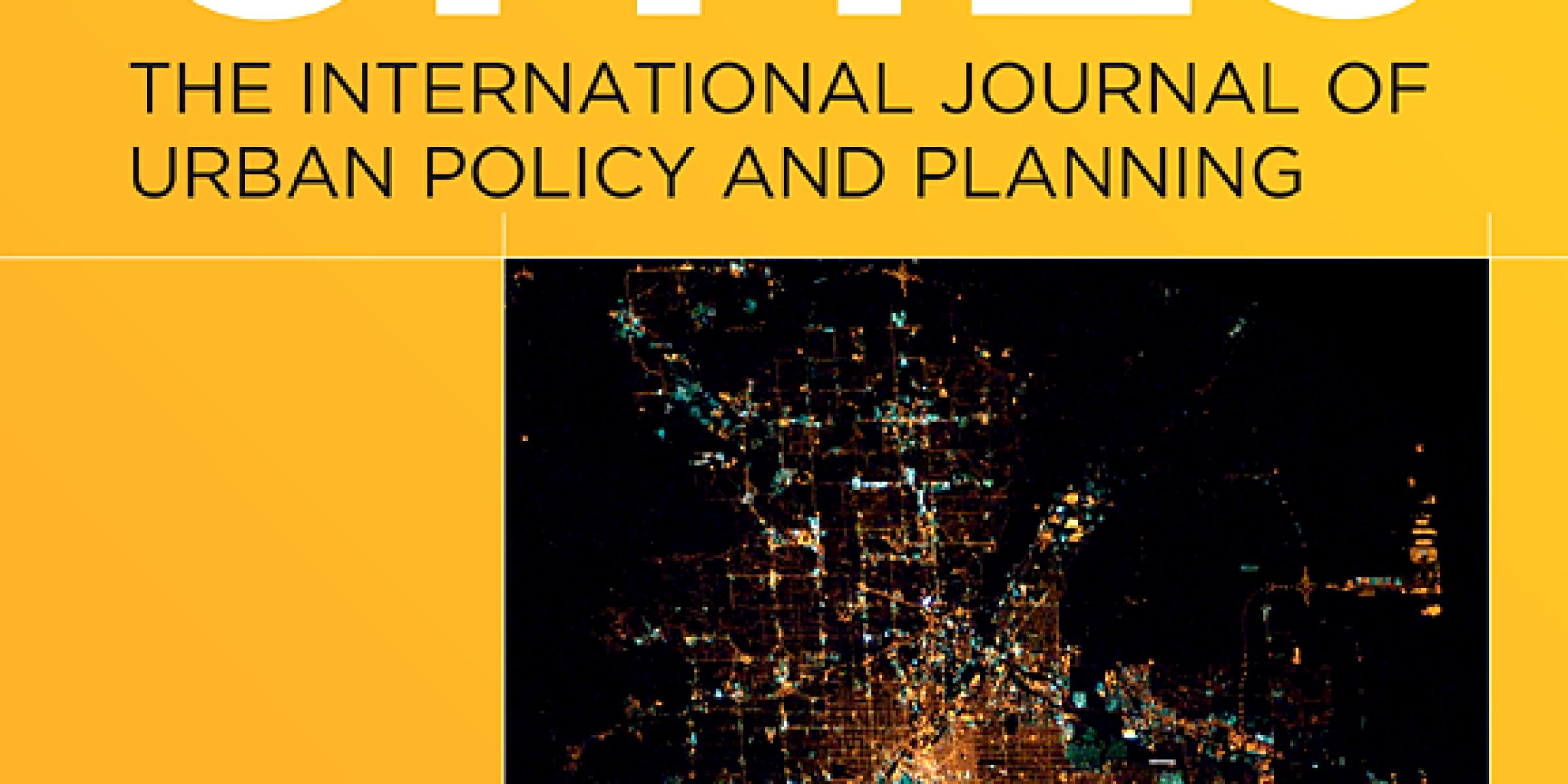One of the Department's PhD students, Jihuan Li, is the lead author on an article that has just been published in Cities.
The two other co-authors were Dr Gemma Burgess, Director of the Cambridge Centre for Housing and Planning Research, Professor Franziska Sielker, Department Fellow.
The article, entitled, 'Political mobilisation and institutional layering in urban regeneration: Transformation of land redevelopment governance in China' has been published as open access, with the full article available to read for anyone.
The abstract for the article reads:
This research explores the pattern of institutional change and its underlying logic in China's recent land development governance. China's central government has been issuing national policies since 2012 to promote urban regeneration to improve land use efficiency and sustainability. Through the lens of historical institutionalism, this paper analyses the making and implementation of Shanghai's new urban regeneration policies since 2014, which was a response to the central state's mandate. Results show that the redevelopment mode encouraged by the municipal governments is financially unattractive to district governments and market entities. Pro-growth development governance maintains strong inertia since it has been embedded in interlocking institutional arrangements. However, the top-down campaign temporarily changed the power distribution among different levels of government and cultivated incremental institutional layering. A small range of redevelopment projects were implemented through political mobilisation of the state-owned enterprises' financial resources and the local cadre's attention. This paper concludes that the transformation of China's land development governance is an inevitably arduous top-down process, characterised by constant rescaling of the distribution of power and constant adjustments to reconcile the pro-growth inertia and the state mandate toward sustainability.



